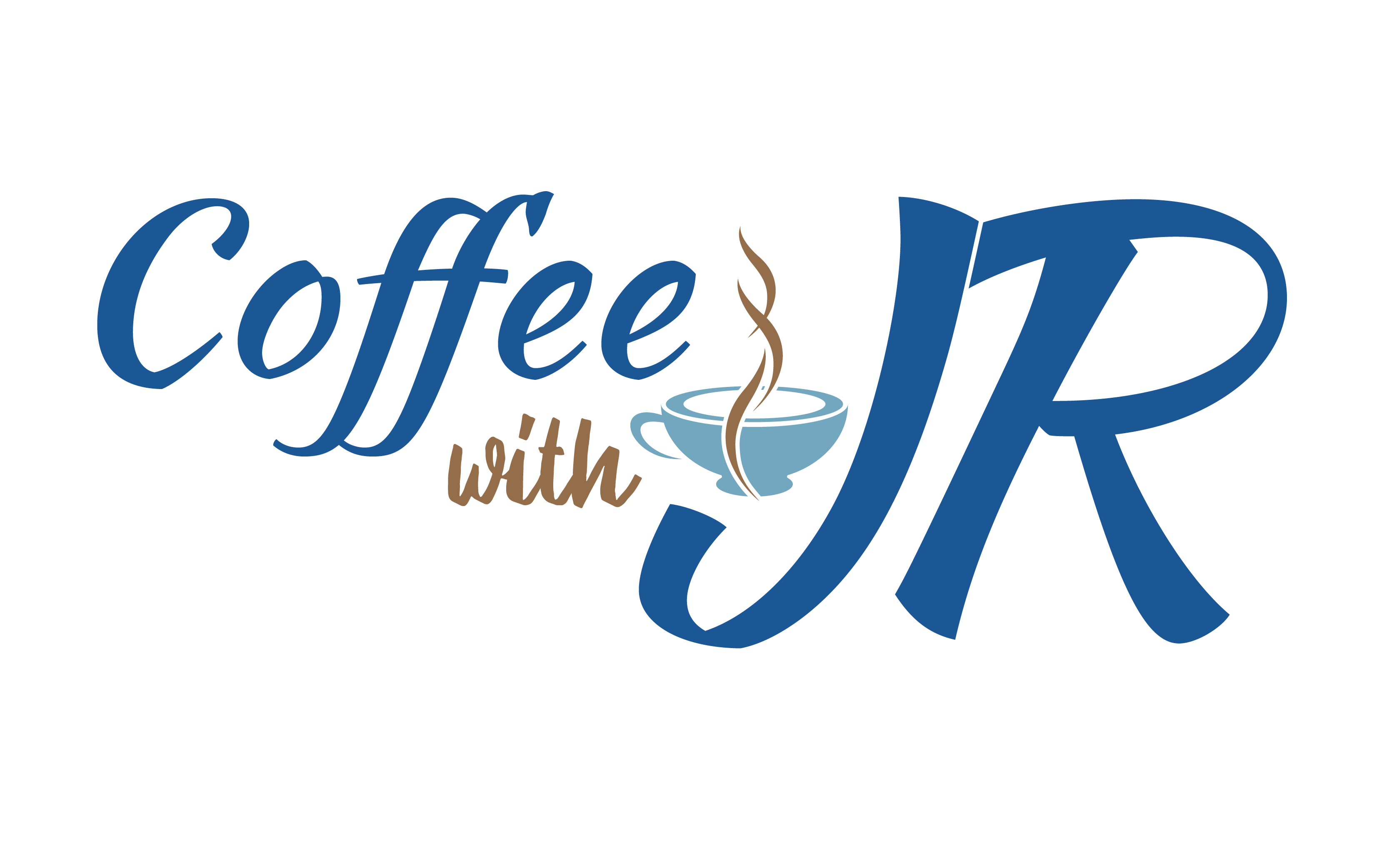
Happy Asian Pacific American Heritage Month and Mental Health Awareness Month
May marks the convergence of two significant observances in the United States: Asian Pacific American Heritage Month and Mental Health Awareness Month. This intersection presents a unique opportunity to delve into the rich cultural tapestry of Asian Pacific American communities while also addressing the crucial issue of mental health within these populations
I have worked in and with various Asian American communities for fifteen years in a wide range of capacities. Here are some of my insights.
First, it’s extremely rewarding to see different Asians/Asian Americans coming together to advocate for our rights and mental health. The Asian American community is not homogeneous. Asian American cultures and demographics are truly diverse. There are dozens of different official Asian languages and racial groups just within the US, not counting dozens more of subcultural groups and languages. Due to the long history, both pleasant and unpleasant, between different Asian nations, there are conflicts between some Asian ethnic groups and countries. These tensions often spill over to the States and are indoctrinated to the next generation of Asian Americans. This happens with other historical immigrant groups too. For example, even nowadays, you can still hear Italians talking negatively about the Irish and vice versa.
Growing up in Los Angeles in a predominantly Asian community, I heard and experienced this interracial quarrel between different Asian groups. When I just started working in the Asian American communities fifteen years ago, I saw the remnants of this unspoken tension and mistrust. Don’t get me wrong, there are tons of amazing Asian American individuals, advocates, and leaders who have been working tirelessly for decades to mend these frictions and bridge alliances.
Fast forward to 2024, I am witnessing a more robust solidarity from all walks of Asians/Asian Americans coming together and supporting each other, which is awesome, inspiring, and humbling!
This stronger formation of unity is often spearheaded and experienced by younger Asian Americans who are one or two generations removed from the original conflict. These younger Asian Americans are more open-minded and have been exposed to a broader range of Asian cultures, histories, media, and cuisines.
Another reason is due to the continual anti-Asian hate that COVID exacerbated. Many more Asians/Asian Americans realize that division within our communities would only make us weaker and more vulnerable to hate, discrimination, and racism. Grace Lee Boggs was one of the most influential Asian American advocates and leaders. I wish I could have met her. Boggs once said that, “There are a whole lot of Asian Americans and we’ve got to really enlarge our thinking to include them in the revolution.” Through solidarity, mutual respect, and collaboration, not only can we uplift our specific ethnic groups, but all Asian Americans can benefit and continue to thrive in the U.S.
Along this line, based on my observation, a newer trend is forming, which is the solidifying of pan-Asian American identity. The term “Asian Americans” was originally coined by social and political activists Yuji Ichioka and Emma Gee in 1968 as a way to reject the derogatory term “Oriental.” To quote Boggs’ view on the term, “The very word ‘Asian American’ was in response to the Black Power movement… We began to see a new revolutionary identity for ourselves. We began talking about ourselves in a new way as Asian Americans.”
Since the creation of the term “Asian American,” there are some Asian Americans who don’t like it for a variety of reasons. Some see themselves as Americans first and thus want to be referred to as simply American. Others prefer to be specifically identified with their heritage roots, such as Taiwanese-American or Filipino American. On the other hand, there are many Asian Americans who feel and think the term is appropriate. I think all of these reasons are legitimate and deserve to be understood more. Personally, I identify myself as Taiwanese, Asian, American, Asian American, Taiwanese, and/or Taiwanese-American.
There is something unique, beautiful, awesome, and wonderful about being Asian American that’s neither purely Asian nor entirely American. This uniqueness is something we need to take pride in. Many Asian Americans embody hybrid identities, navigating the intersections of their Asian heritage and American upbringing. Embracing a pan-Asian American identity provides a space for individuals to reconcile these dual identities, embrace their cultural roots, and forge connections with others who share similar experiences of navigating between different cultural worlds.
I am not advocating for Asian Americans to abandon or erase our unique ethnic and heritage backgrounds. What I am advocating for is an abundant mindset, one where we can embrace both our individual heritage and our identity as Asian Americans, and even more. For example, I can be Taiwanese, American, and Asian American.
What does this pan-Asian American identity look like? I’m not sure yet. Rationally, I am still learning to define it. At this moment in life, it’s more like a feeling. A feeling that I am proud of my Taiwanese heritage and being an American, but also acknowledging that I am more than just those identities
Many of us associate our Asian American identity with our primary cultural ethnicity or ethnicities (some Asian Americans have multiple ethnic backgrounds, such as Vietnamese and Chinese). From there, we start embracing and absorbing other Asian ethnic practices and values, especially when there are intra-racial and inter-ethnic marriages among Asian Americans. Using myself as an example, I project and experience my Asian American identity through my Taiwanese heritage first. However, since I grew up with a lot of Vietnamese influence, I’ve integrated different Vietnamese cultures into my identity. Additionally, having different Asian American friends and working with diverse Asian groups such as Koreans, Japanese, Filipinos, Indians, Laotians, and Malaysians, I have adopted and even admired some of their cultural traits and customs.
An advantage we have as Asian Americans is the unique opportunity to pick and choose how Asian and American we want to be. We can even select which other Asian ethnicities and cultural practices we want to embrace. Earlier, when I mentioned feeling humbled by the unity among Asians, I also meant to convey how honored I feel to be grouped with so many other Asian ethnic groups and cultures. Why? Because each of them offers a rich mosaic of cultures, languages, traditions, and histories that I respect. Furthermore, I have the freedom and options to pursue cultural customs that fit my lifestyle and taste. For example, David Chang, the famous chef, often alludes to the fact that despite being Korean American and loving Korean cuisine, he would choose Japanese cuisine over Korean food any day
Having the Pan-Asian American identity is something worthwhile for us to continue to explore and build upon. It can give us collective strength, provide us with more political representation, and countless social benefits. At the same time, the age-old challenge lingers: how can we come together and form an overarching identity and entity while still protecting, respecting, and honoring individual cultures? What I know is that, this time around we have the power and opportunity to define what Asian American means to us, instead of letting others define who we are.
Image by ooceey from Pixabay

Recent Comments